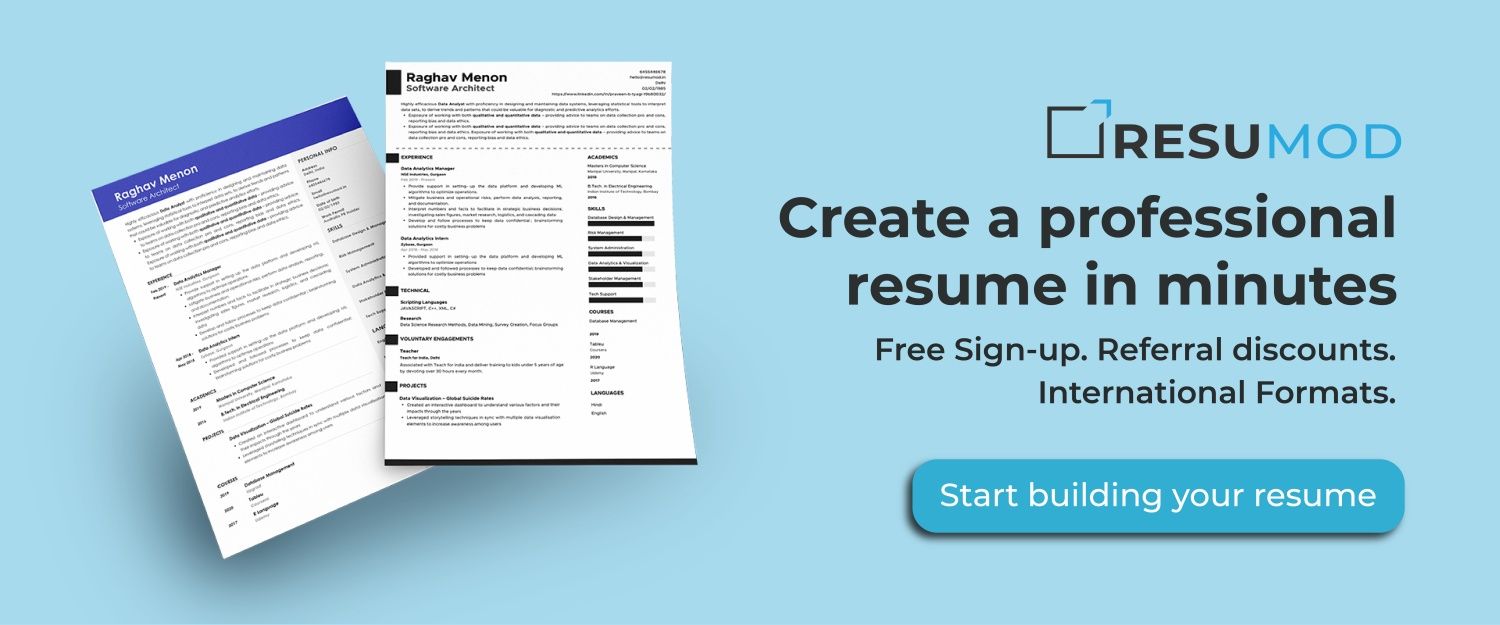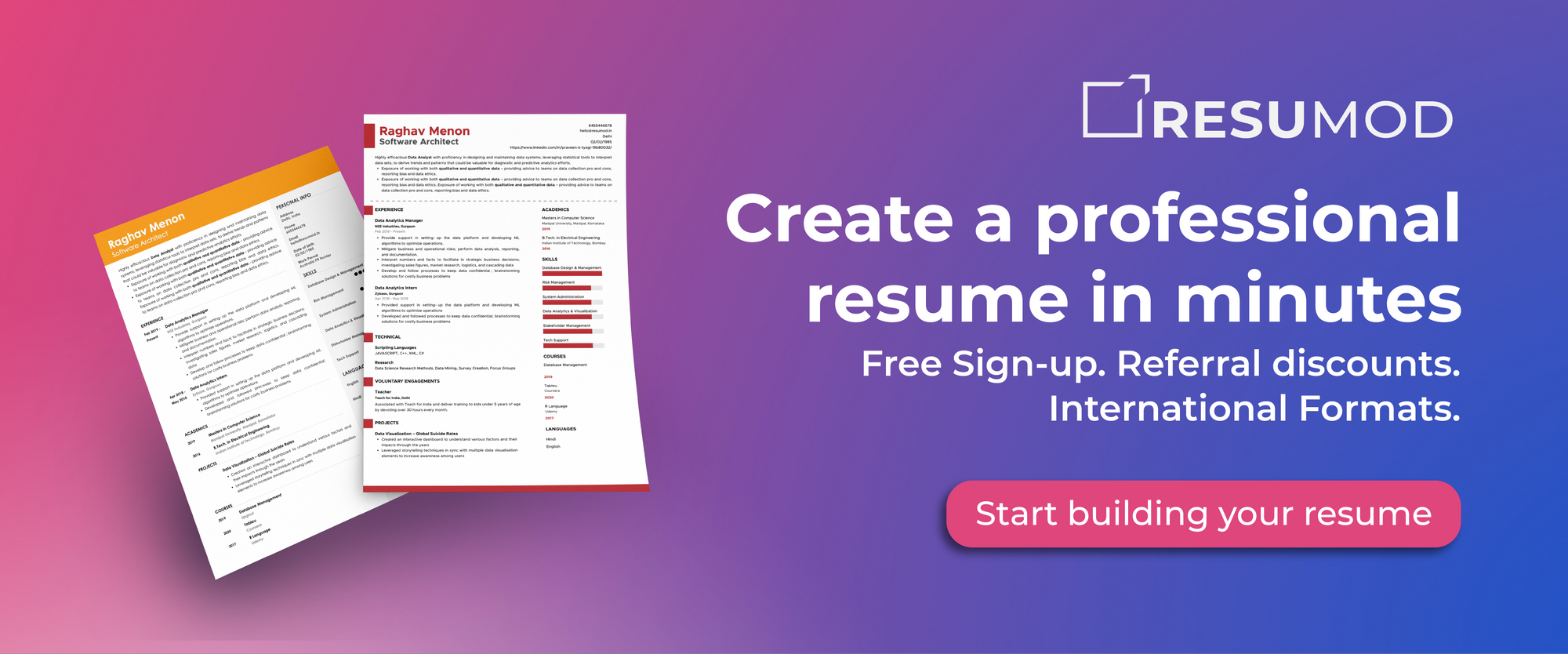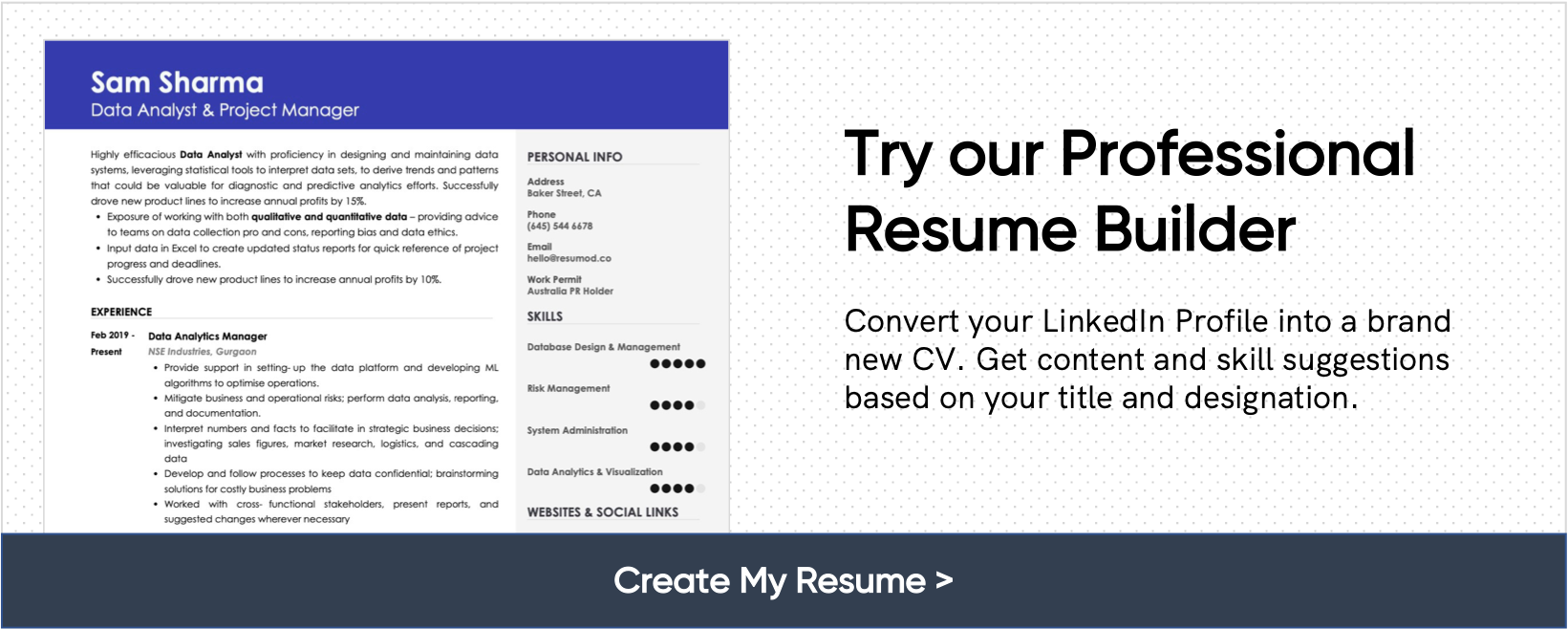Should Social Media Be a Part of Your Resume: Let’s Talk
With social media impacting every corner of modern life, the question arises: Should it find a place on your resume?
Picture this: In the movie Barbie (2023), there’s a scene where Barbie questions her identity in the real world, realizing that the way she’s perceived by others shapes her sense of self. For many Gen Z professionals entering the workforce, their social media profiles play a similar role. These digital platforms don’t just reflect hobbies and social life; they’re extensions of personal branding, storytelling, and even professional aptitude.
With social media impacting every corner of modern life, the question arises: Should it find a place on your resume? Let’s explore this concept, examining its pros, cons, and the considerations you need to keep in mind.
Why is Social Media Important in Today’s Professional Landscape
Social media is no longer just about staying connected with friends. It’s an integral tool for networking, marketing, and showcasing your skills. According to a 2023 study, 70% of employers use social networking sites to research job candidates, and 43% of employers monitor employees' social media. These numbers highlight how significant your online presence can be in shaping professional perceptions.
For many industries, especially creative, marketing, and tech-driven fields, social media skills are invaluable. Platforms like LinkedIn, Instagram, TikTok, or even X are often where professionals build portfolios, share insights, and engage in industry conversations.
How Social Media Can Add Value to Your Resume
Adding social media to your resume can be a strategic move if it’s relevant and thoughtfully included. Here are some ways it can work in your favour:
Showcasing Expertise and Creativity
If you’re in a creative industry—such as graphic design, writing, or content creation—social media can act as your live portfolio. For instance, a well-curated Instagram profile or a YouTube channel showcasing tutorials demonstrates skills far better than words on paper.
"Social media is an artist's canvas in the modern era," says Sarah Cho, a digital strategist. "It tells stories about your expertise, passion, and work ethic without requiring a formal introduction."
Proving Technical Skills
For digital marketers, understanding algorithms, ad campaigns, and engagement metrics is critical. Mentioning specific achievements, such as “Increased Instagram engagement by 120% in three months” or “Managed a LinkedIn page with 10K+ followers”, can set you apart.
Personal Branding
Your online presence speaks volumes about who you are beyond your resume. A professional LinkedIn profile or an active X account sharing industry insights highlights your thought leadership.
When to Include Social Media in Your Resume?
Before adding your handles or links, consider these questions:
- Is it relevant to the job? If you’re applying for a role in social media management, digital marketing, or a field where personal branding matters, then including your social media makes sense. For other professions, it might not hold the same weight.
- Does your social media reflect professionalism? Employers may scrutinize what you post. If your profiles are cluttered with unprofessional content or controversial opinions, it’s better to leave them off.
- Can it provide value beyond what your resume already states? Ensure your social media offers something extra—be it insights into your expertise, creativity, or industry engagement.
Potential Pitfalls of Including Social Media
While social media can enhance your resume, it also comes with risks.
Privacy Concerns
Once you share your profiles, they’re subject to scrutiny. Employers might delve deeper into your personal life, potentially leading to judgments that extend beyond your professional persona.
Misinterpretation of Content
What you post online might not always be interpreted the way you intend. Humour, sarcasm, or informal posts could be misconstrued, painting a less-than-professional picture.
It May Backfire in Traditional Fields
Industries like law, medicine, or academia might view social media presence as irrelevant or even unprofessional unless specifically tied to work (e.g., a LinkedIn profile).
How to Add Social Media to Your Resume Effectively?
If you decide social media can benefit your job application, here’s how to do it right:
Include Only Relevant Platforms: Stick to platforms like LinkedIn for professional networking, Instagram for creative portfolios, or GitHub for developers. Avoid adding personal accounts unless they directly relate to the role.
Show Achievements, Not Just Presence: Instead of just writing “Instagram: @username”, highlight measurable successes like follower growth, campaign results, or content reach.
Keep It Professional: Ensure your profiles are polished. Use professional profile pictures, relevant bios, and curated content aligned with your personal brand.
Add a Dedicated Section: Create a section called “Digital Portfolio” or “Professional Profiles” instead of squeezing handles into contact information. For example:
Digital Portfolio:
LinkedIn: linkedin.com/in/yourname
Instagram: instagram.com/yourportfolio (Creative Work)
GitHub: github.com/yourusername
A Balanced Approach to Social Media on Resumes
Social media isn’t a “one-size-fits-all” inclusion. For Gen Z professionals, who have grown up with these platforms, their online personas might feel inseparable from their real selves. However, it’s essential to balance the value these platforms offer with the potential risks.
"Your resume is a snapshot of your career, and social media can be the frame," says career coach Amelia Hart. "But the frame should complement, not overpower, the picture."
The Future of Social Media in Hiring
As workplaces continue to evolve, social media is becoming an undeniable part of professional life. A 2023 LinkedIn report highlights that 62% of hiring managers view online presence as a critical factor in their decision-making process.
The key is to align your online persona with your professional goals. If done thoughtfully, adding social media to your resume can demonstrate authenticity, expertise, and a forward-thinking mindset.
So, should social media be part of your resume? The answer depends on you, your profession, and how well your digital presence aligns with your career aspirations. Just remember, your digital footprint is as much a reflection of your professionalism as your words on paper.



